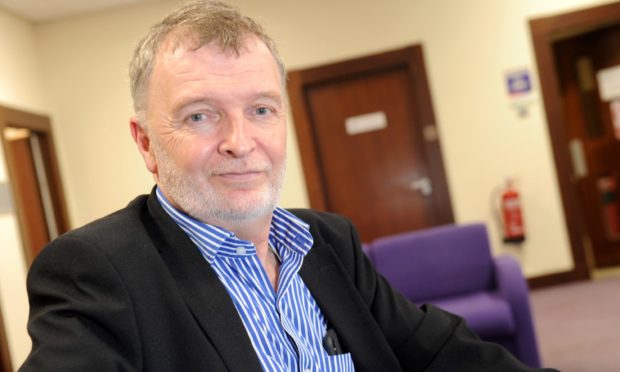Twenty-two jobs have been created so far by Highland Council to power its plan to net around £19 million through savings and investment.
A further 14 posts are expected to be filled soon under the so-called Transformation Programme, with five more following suit.
Under a recently approved plan, the local authority aims to cushion vital services from the impact of cuts in government funding.
It is investing £3.7 million in nine key areas in the hope that it can see a return of £18.7 million.
The scheme is being led by the council’s recovery, improvement and transformation board.
Chairman Alasdair Christie said it was “a total review of how we deliver services, and how we serve the public”.
“This is about working in different ways,” he said.
“We have a lot of staff currently working at home so we have to look at blended working in different ways.
“We have a lot of buildings that are perhaps not suitable as we move forward in time, and because we have staff working from home we may not need so many.”
Mr Christie, who is also the council’s deputy leader, said staff are being surveyed “on how they found the past 12 months” working from home.
He added: “It’s about doing a total review of how we deliver services and how we serve the public.”
‘Let’s not miss out’
Board vice-chairman Ian Cockburn says of the nine key areas targeted for savings, climate change, roads and transport and asset rationalisation have the most capacity.
Millions of pounds a year could be saved, he says, if the council deals with its own waste, instead of sending it elsewhere.
Mr Cockburn believes savings can be made by selling off or finding better ways of using council buildings, and income could potentially be generated by tapping into private-sector energy schemes.
“There are lots of private-sector projects going on but that doesn’t mean we can’t get in on that,” he says.
“Let’s not miss out.”
The ‘golden-egg’ areas
The nine areas where staff are being recruited and investment made in order to make savings are:
- Economy (including growth investment and planning)
- Asset rationalisation and new ways of working
- Service redesign
- Digital transformation (including digitising records)
- Social care (including NHS Partnership review, adult social care, and placement services)
- Climate change
- Waste
- Roads and transport
- Procurement and contracts management.


